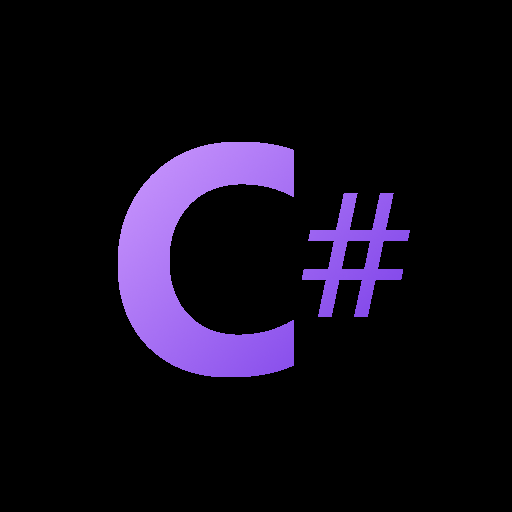

I switched to Logseq from Obsidian since I preferred FOSS and it’s been a good experience so far. They are working on a big update to switch to an sqlite db for storage which should help with performance (and I hope improve the search experience) so that’s exciting too.












I only used obsidian for a few weeks so i didnt get that used to it, but what you mean could be the mental switch from hierarchical file structure in obsidian to logseq’s journaling/time based one? You’re supposed to organize data with tags rather than remembering their location and structure in folders. I spend most time searching for tags, not specific files, and in that way it’s functional enough for me, although I do not really understand the query syntax yet so I am unable to create more complex searches in this way. Tbh I’m hoping the sqllite switch lets me just write direct SQL
For a specific example, instead of having folders like Software > Programming > csharp > my projects > projectx … I will just have a page for the project that has tags #programming #csharp #myprojects etc. And then I can search for #myproject and see all relevant info for it, even sorted by the date when i added it which adds some nice historical context